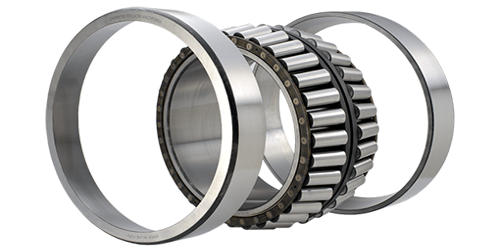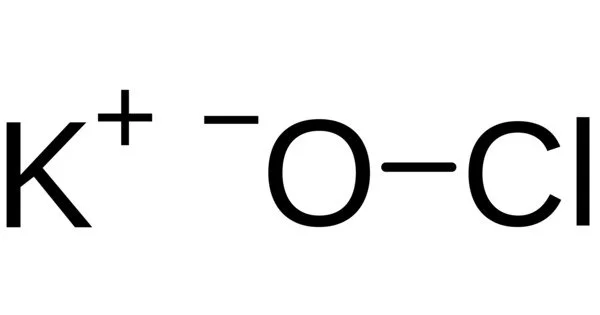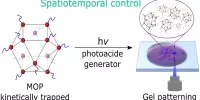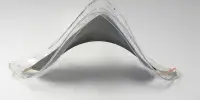White metals are any of several light-colored alloys used especially as a base for plated silverware and ornaments and novelties. They are any of various whitish alloys, such as pewter, that contain high percentages of tin or lead. They are a series of often decorative bright metal alloys used as a base for plated silverware, ornaments, or novelties, as well as any of several lead-based or tin-based alloys used for things like bearings, jewelry, miniature figures, fusible plugs, some medals, and metal type. White Metal alloys are generally made up of these metals: Antimony, Tin, Cadmium, Bismuth, and Zinc, though which ones being used vary based on the need. As an example, a base metal for jewelry needs to be castable, polishable, have good flow characteristics, and have the ability to cast fine detail without an excessive amount of porosity. The term is also used in the antique trade for an item suspected of being silver, but not hallmarked.
A white metal alloy may include antimony, tin, lead, cadmium, bismuth, and zinc (some of which are quite toxic). They are any of several light-colored alloys used as a base for plated silverware, ornaments, or novelties, as well as any of several lead-based or tin-based alloys used for things like bearings, jewelry, miniature figures, fusible plugs, and many other applications. A full range of white metal casting alloys for the modeling and jewelry industry are available in pewter, tin-rich, and lead-rich alloys.
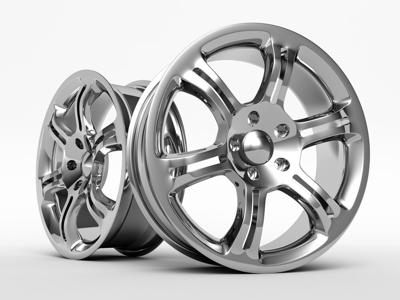
Not all of these metals are found in all white metal alloys. They are any of several lead-based or tin-base alloys (such as babbitt) used especially for bearings, fusible plugs, and type metal. Metals are mixed to achieve the desired goal or need. White metal bearings are made from white metal alloys, which can include tin, lead, zinc, and bismuth. Of course, each white metal bearing will contain a different combination of alloys, depending on the desired strength and other requirements. As an example, a base metal for jewelry needs to be castable, polishable, have good flow characteristics, have the ability to cast fine detail without an excessive amount of porosity, and cast at between 230 and 300 °C (446 and 572 °F). Non-standard white metal alloys can be manufactured to suit customers’ individual requirements. White Metal alloys are generally made up of these metals: Antimony, Tin, Cadmium, Bismuth, and Zinc, though which ones being used vary based on the need.
